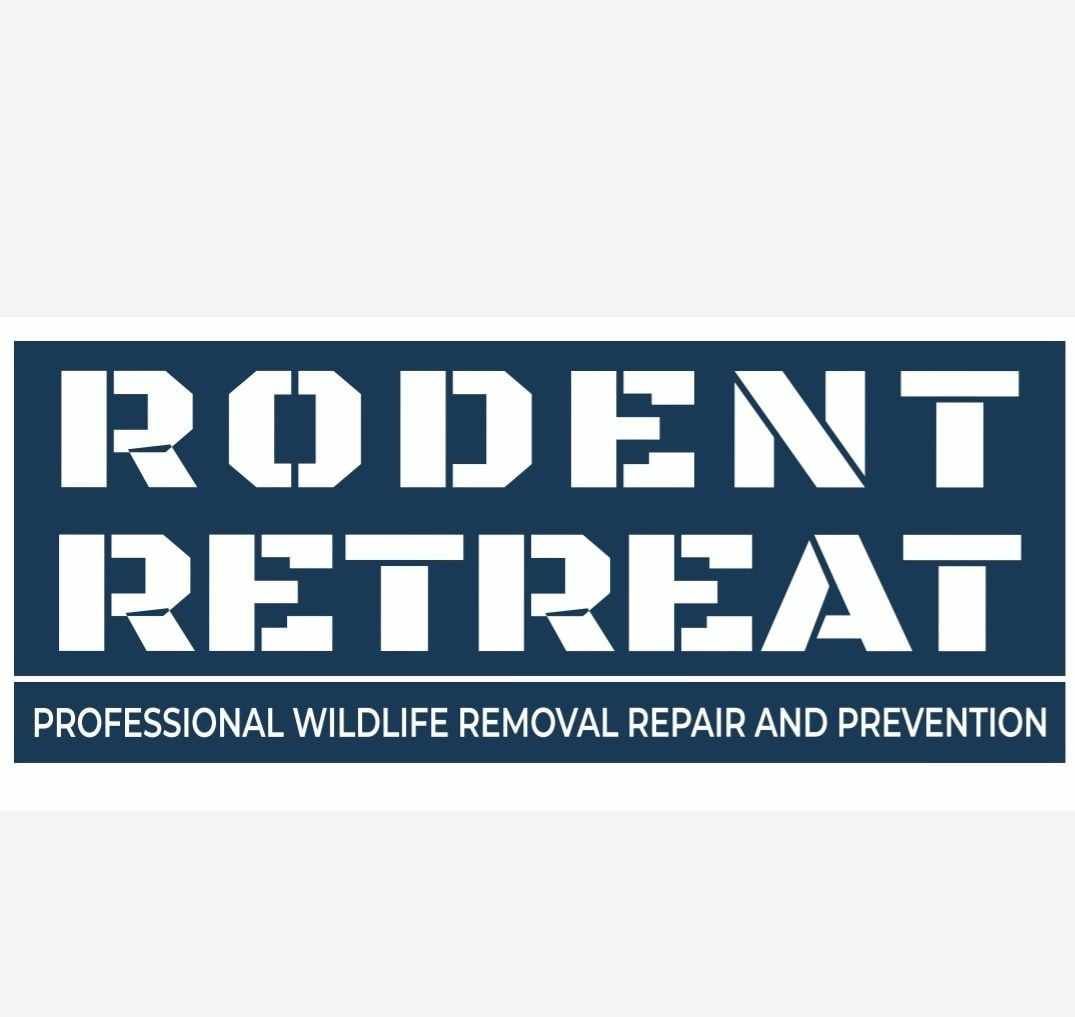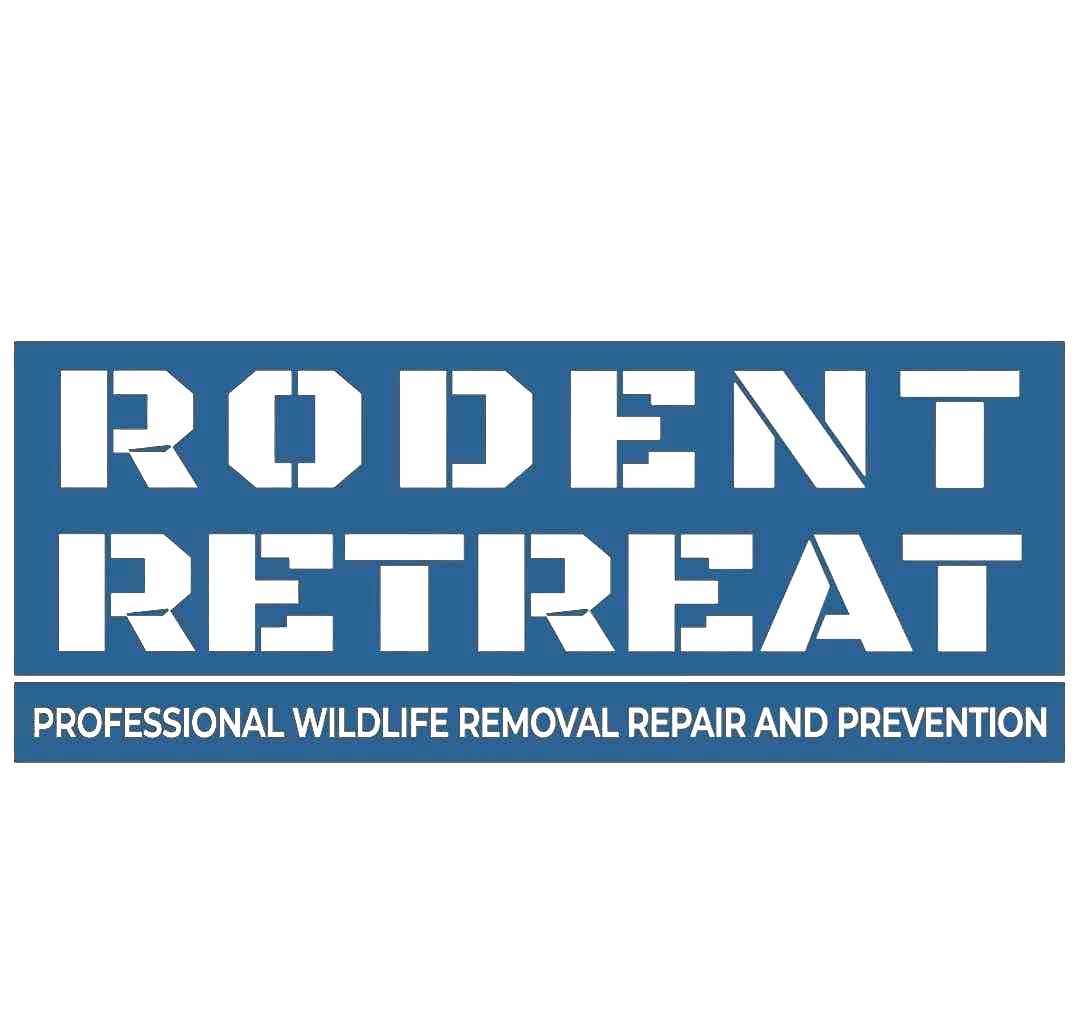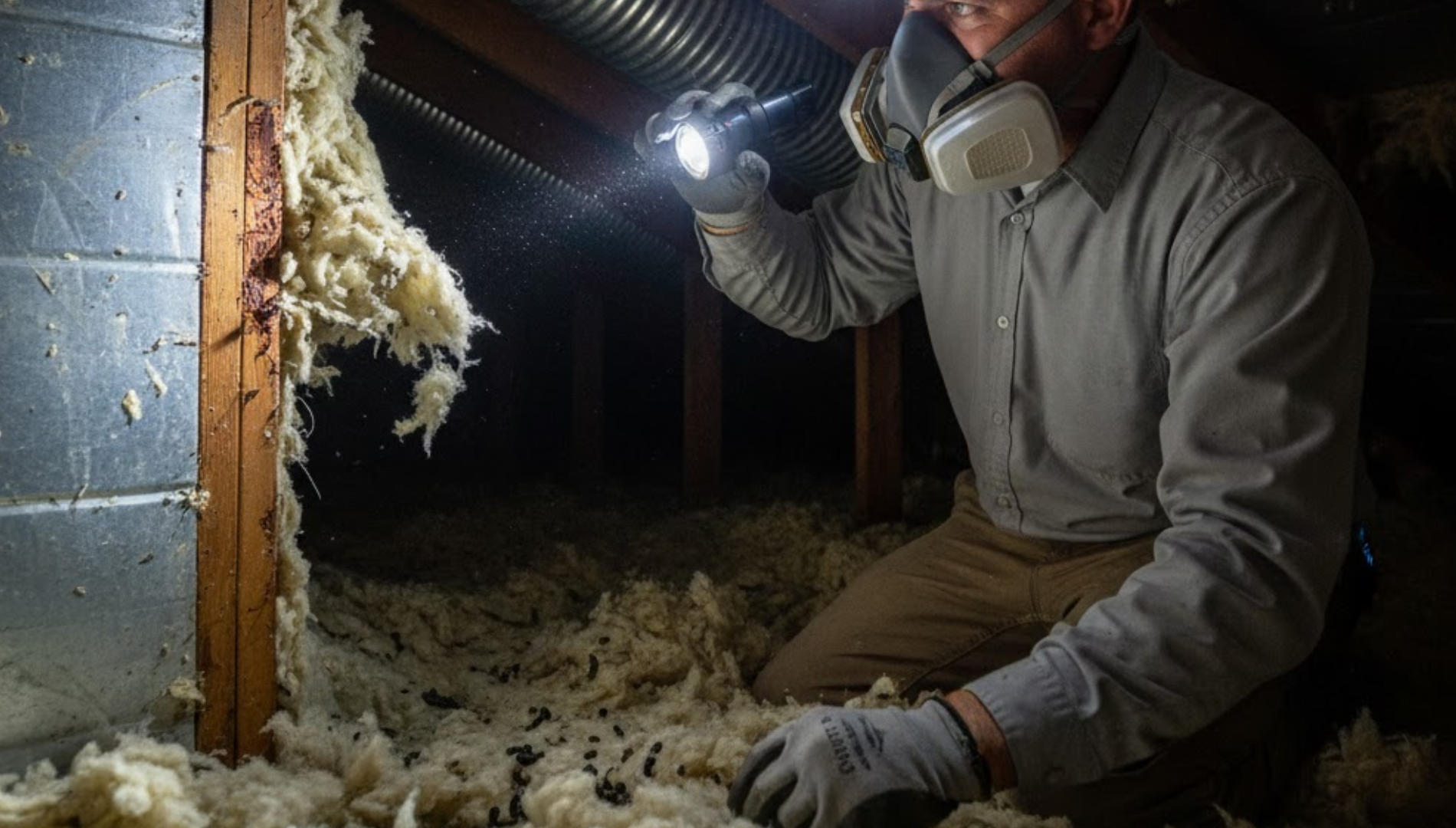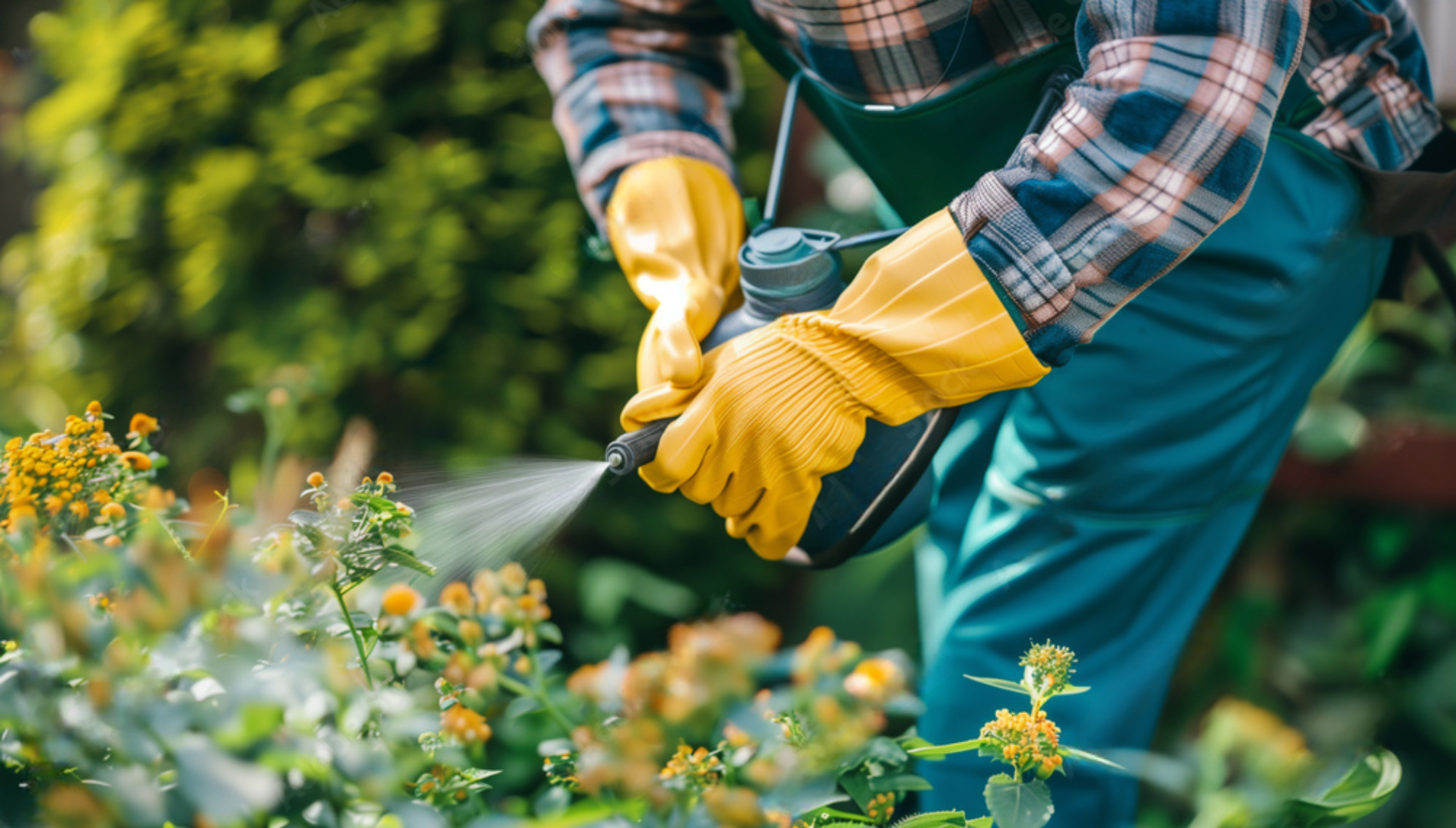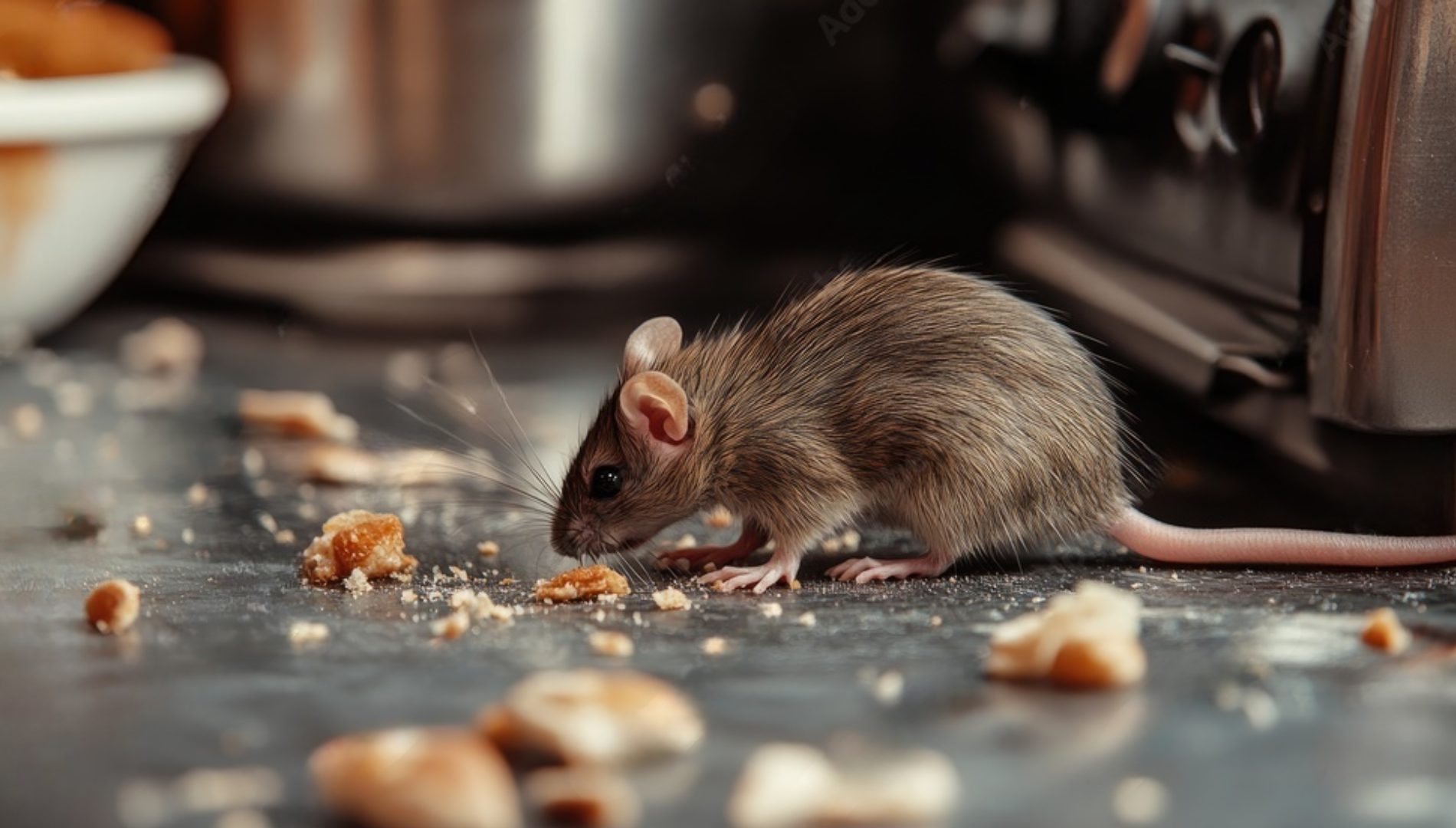Raccoon Removal: Your Guide To A Pest-Free Property
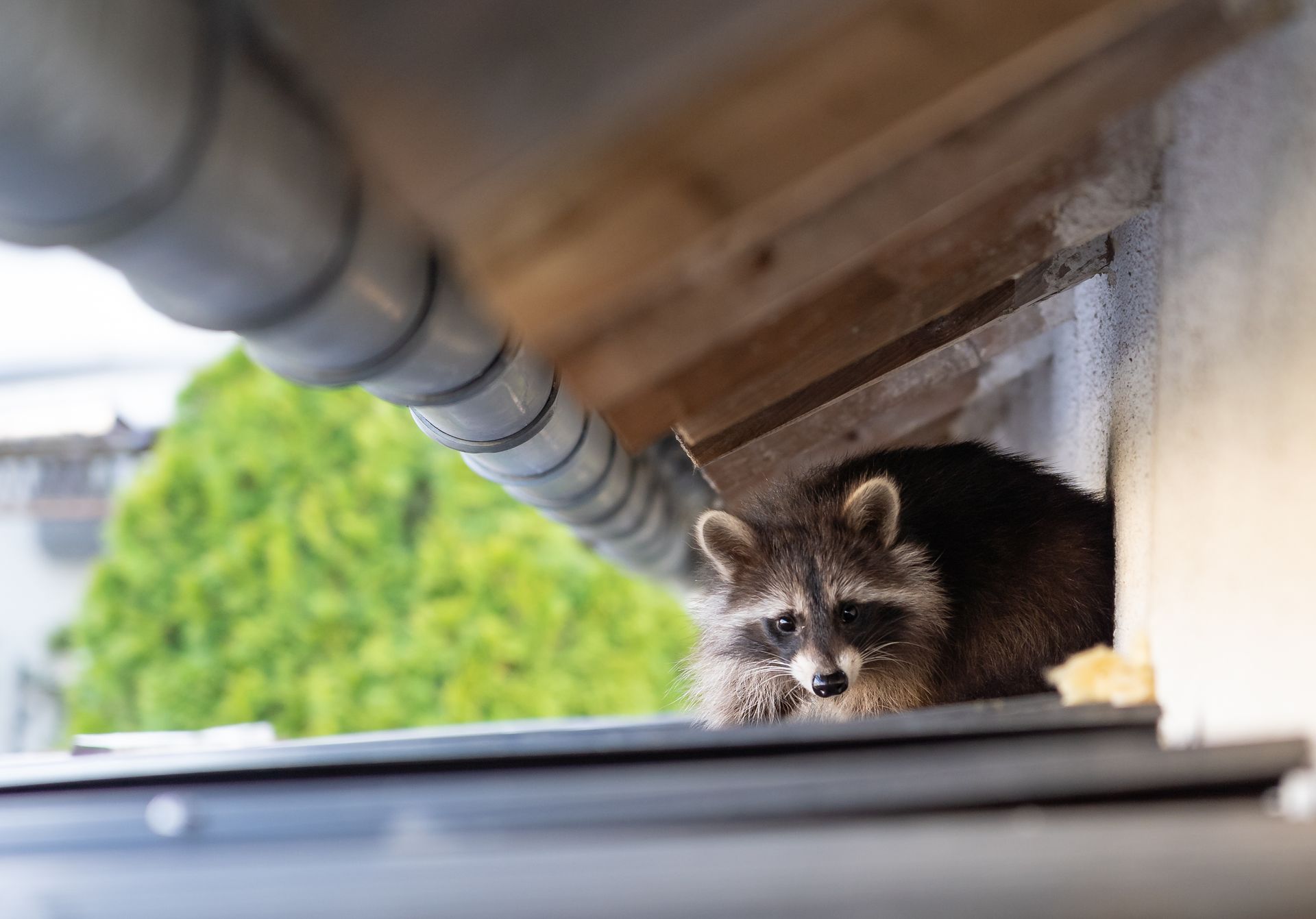
Texas, with its diverse ecosystem, provides an ideal habitat for raccoons. These adaptable creatures are often drawn to urban areas in search of food and shelter. While they can be seen as cute and cuddly, their presence can quickly become a nuisance, and even a health hazard.
Raccoons are notorious for causing property damage. They can access attics, crawl spaces, and chimneys, leading to insulation damage, structural issues, and foul odors. Their nocturnal habits can also disrupt sleep and cause stress for homeowners. Moreover, raccoons are carriers of diseases like rabies, roundworms, and leptospirosis, posing a significant health risk to humans and pets.
The Rodent Retreat Difference
When dealing with a raccoon infestation, it's crucial to choose a professional and humane wildlife control service. Rodent Retreat specializes in raccoon removal in Texas, offering comprehensive solutions to restore peace and safety to your home.
Our Services
- Inspection and Assessment: Our experts will thoroughly inspect your property to identify entry points, locate raccoon nests, and assess the extent of damage.
- Humane Removal: We prioritize humane methods of raccoon removal, using traps and exclusion techniques to safely relocate the animals.
- Damage Repair: Our team will repair any damage caused by raccoons, including insulation replacement, attic cleaning, and structural repairs.
- Prevention: We provide effective prevention strategies to keep raccoons away from your property in the future, such as sealing entry points and removing attractants.
The Raccoon Removal Process
Raccoon removal Texas is a multi-step process that requires expertise and experience. Here's a general overview of what you can expect:
- Initial Contact: Contact Rodent Retreat to schedule an inspection.
- Inspection and Assessment: Our technician will evaluate the situation and provide a detailed estimate.
- Removal: We will safely and humanely remove raccoons from your property.
- Damage Repair: Necessary repairs will be made to restore your property to its original condition.
- Prevention: We will implement measures to prevent future infestations.
Raccoon Prevention Tips
While professional removal is essential, taking preventive measures can significantly reduce the risk of a raccoon infestation. Here are some tips:
- Secure Your Property: Seal any potential entry points, such as gaps in roofs, chimneys, and foundations.
- Manage Trash: Keep garbage cans tightly closed and stored in a secure area.
- Remove Attractants: Avoid leaving pet food or birdseed outdoors.
- Trim Trees and Bushes: Maintain a clear distance between your home and trees to prevent raccoons from accessing your roof.
Common Raccoon Behaviors
Raccoons are intelligent and adaptable creatures, which can make them challenging to deter. Some common raccoon behaviors include:
- Nocturnal Activity: Raccoons are primarily nocturnal, making them difficult to spot during the day.
- Garbage Raiding: They are attracted to food scraps and will often rummage through garbage cans.
- Attic Invasion: Raccoons seek shelter in attics, where they can raise their young.
- Denning: They often create dens in trees, chimneys, or crawl spaces.
- Washing Food: A common misconception is that raccoons wash their food. While they do dip their food in water, it's primarily to cool it down, not clean it.
Signs Of A Raccoon Infestation
If you suspect a raccoon infestation, look for the following signs:
- Damage to Property: Look for damage to attics, chimneys, or rooflines.
- Noises in the Attic: You may hear scratching, scurrying, or fighting noises at night.
- Fecal Matter: Raccoon droppings are similar to dog droppings but smaller and often found in attics or crawl spaces.
- Sighting of Raccoons: Seeing raccoons during the day is unusual and could indicate a problem.
- Missing Garbage: If your garbage cans are consistently overturned or missing, raccoons may be to blame.
Health Risks Associated With Raccoons
Raccoons can pose a serious health risk to humans and pets. They are known to carry diseases such as:
- Rabies: A fatal viral disease that affects the nervous system.
- Roundworms: Parasitic worms that can cause severe illness.
- Leptospirosis: A bacterial disease that can cause flu-like symptoms.
- Histoplasmosis: A fungal infection caused by inhaling raccoon droppings.
To protect yourself and your family, it's essential to avoid contact with raccoons and their droppings. Always wear gloves when cleaning up after raccoons and disinfect contaminated areas thoroughly.
Raccoon Species In Texas
Several raccoon species inhabit Texas, each with slightly different characteristics. The most common is the North American raccoon (Procyon lotor), a highly adaptable creature found throughout the state. Another species, the ringtail (Bassariscus astutus), is sometimes mistaken for a raccoon but is smaller and has a distinctive ringed tail. Read Raccoon Removal Guide: Evicting Masked Mischief-Makers to learn more.
Local Wildlife Regulations
It's essential to be aware of local wildlife regulations when dealing with raccoon infestations. Contact your local wildlife agency or animal control department for specific guidelines. They can provide information on permitted removal methods, licensing requirements, and potential relocation sites.
By understanding the different raccoon species in Texas and complying with local regulations, you can effectively address raccoon problems while protecting both human and wildlife welfare.
Legal Considerations
Attempting to handle wildlife, including raccoons, without proper permits or knowledge can lead to legal consequences. Many states and local jurisdictions have strict regulations in place to protect both humans and wildlife. It's crucial to understand these laws before taking any action.
Why Choose A Professional
Wildlife professionals are trained to handle raccoons safely and effectively. They have the necessary equipment, expertise, and permits to carry out the removal process. Additionally, they can identify potential hazards and take precautions to protect your property and family.
By working with a professional wildlife control service like Rodent Retreat, you can have peace of mind knowing that the raccoon problem will be resolved humanely and in compliance with all relevant laws.
Conclusion
Attempting to remove raccoons on your own can be dangerous and ineffective. Professionals have the knowledge, equipment, and experience to handle these animals safely and efficiently. They also understand the importance of preventing re-infestation.
Rodent Retreat is committed to providing exceptional raccoon removal services in Texas. Our team of experts is dedicated to protecting your home and family from these unwanted pests.
Contact us today for a free inspection and quote.
